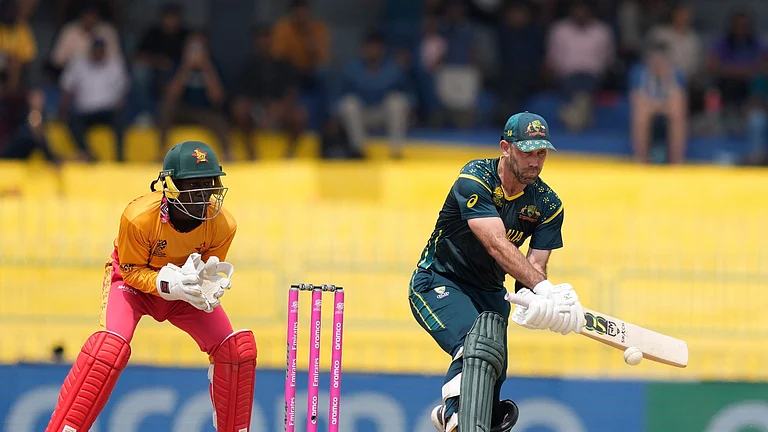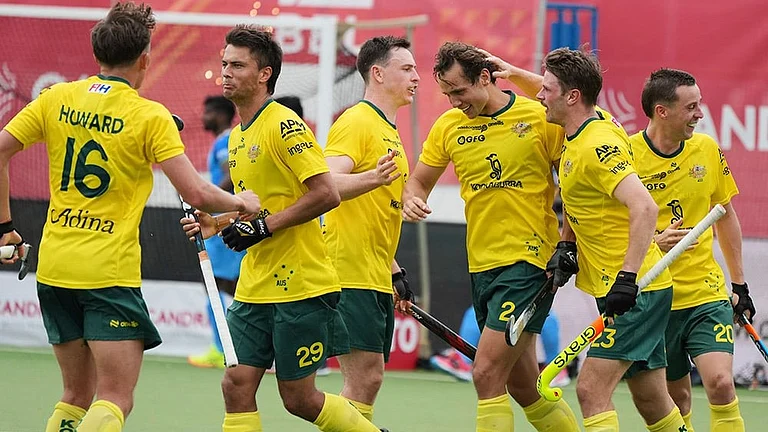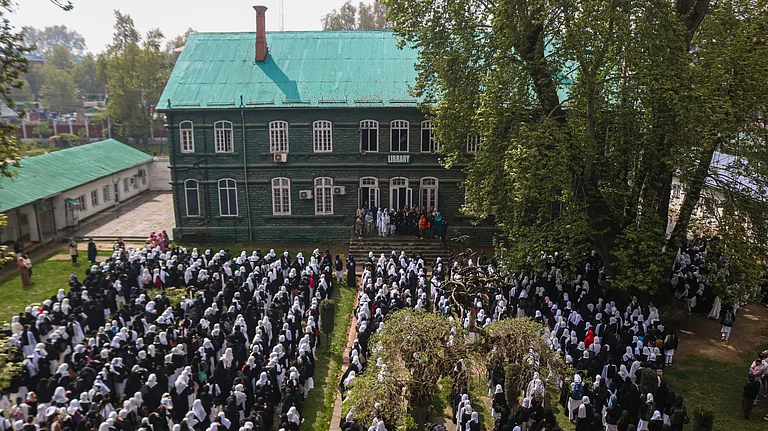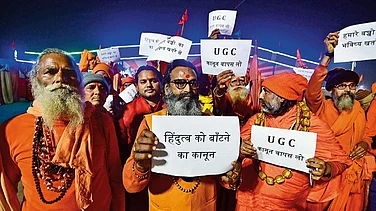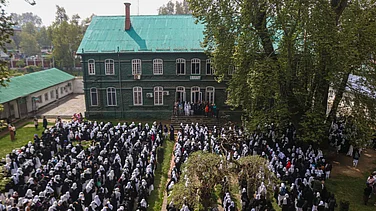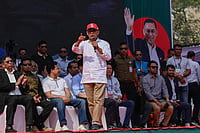As the Congress accused Prime Minister Narendra Modi of violating the law by issuing appeals to Karnataka voters through social media during the "silence period", sources in the Election Commission on Tuesday said such appeals made outside the polling area do not come under the ambit of the existing law.
The law, as exists, prohibits the act "in any polling area" only, they said.
They also said the parties alleging violation of Section 126 of the Representation of the People Act through the use of social media have themselves put up a number of such posts even on their official social media handles.
Section 126 specifically does not cover the use of social media or intermediaries during the silence period. It also does not cover violations outside the poll area, the sources said.
Congress said the poll body had in 2019 proposed amendment to this particular section to include "dissemination" of any message related to polls so that it covers such instances as well.
The proposal is, however, still under the consideration of the government.
What are the rules?
Section 126 of the Act restricts the public display of election matter in the polling area during the "silence period" thereby limiting its application only to the display of election matter in the polling area, they said.
"Silence period" is for 48 hours ending with the time fixed for conclusion of polls. In case of Karnataka, it began at 6 pm Monday.
Since there is no vacuum in the legislative framework -- as there is an existing law in the form of section 126 of the RP Act which governs the space -- the case for use of plenary powers by the commission under Article 324 of the Constitution is also not clearly made out, they said.
They also referred to a notice issued to Congress leader Rahul Gandhi during the 2017 Gujarat assembly polls which was later withdrawn.
The poll panel had re-examined the issue after the Congress gave a representation.
The commission had then said that due to multi-fold expansion of digital and electronic media, the extant Model Code of Conduct, Section 126 of the RP Act and other related provisions require revisiting to cater to the requirement and challenges of the present and emerging situations.
They said that at least six tweets were put up by leaders of parties with appeals to voters during the silence period.
Earlier in the day, the Congress on petitioned the Election Commission seeking immediate action against Prime Minister Modi for his appeals to Karnataka voters "in violation" of the law, and said it was "a litmus test" for the poll body's capacity and willingness to enforce rules.
In a lengthy complaint to the chief election commissioner, Congress general secretary in charge of Karnataka Randeep Surjewala asked the commission whether it will remain a "mute and helpless spectator" or fulfil its constitutional duty and act against the prime minster.
(With PTI Inputs)








